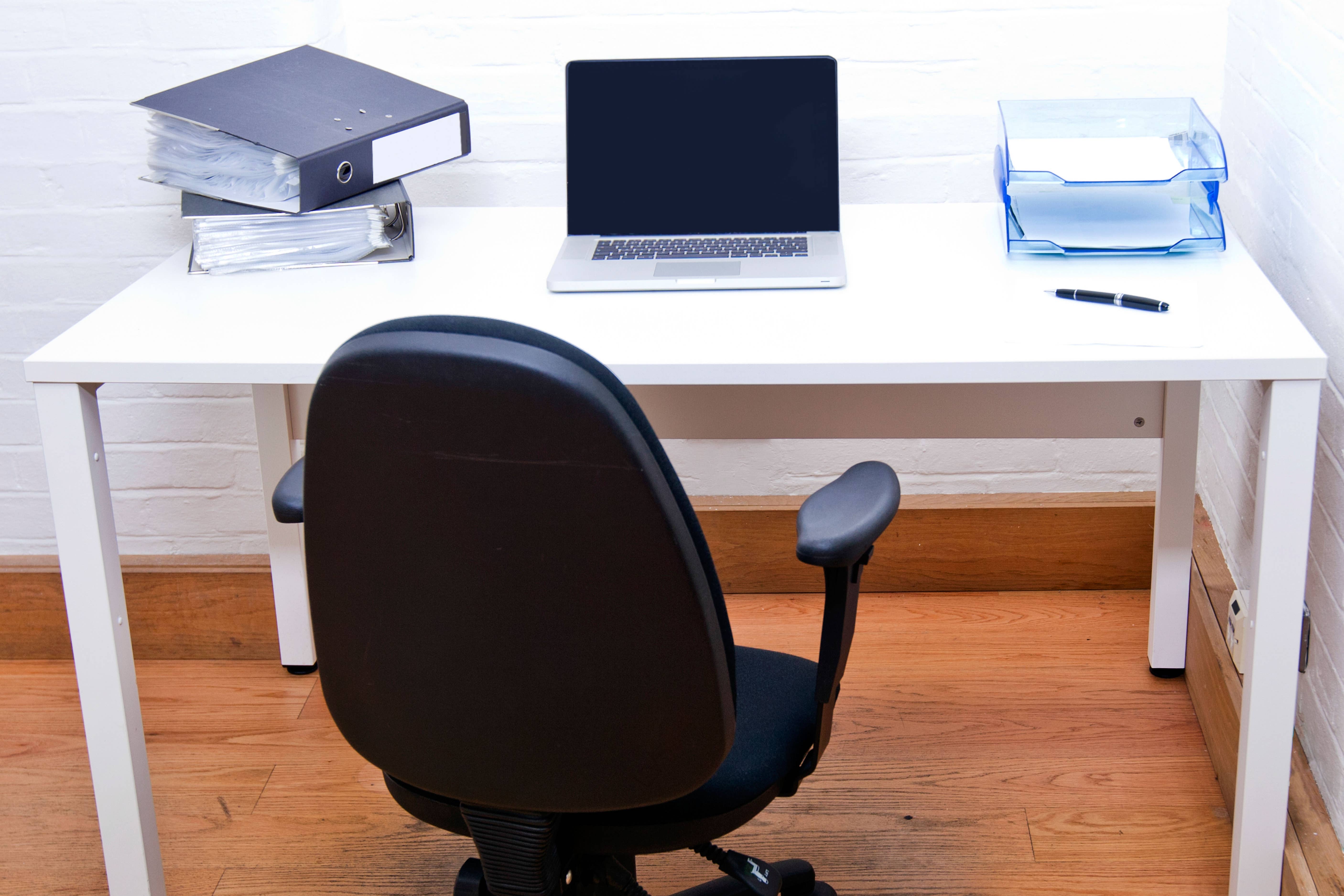People who refuse to take sick days are costing the economy billions every year, analysis says
A report calls for a ‘health-led economy’
Your support helps us to tell the story
From reproductive rights to climate change to Big Tech, The Independent is on the ground when the story is developing. Whether it's investigating the financials of Elon Musk's pro-Trump PAC or producing our latest documentary, 'The A Word', which shines a light on the American women fighting for reproductive rights, we know how important it is to parse out the facts from the messaging.
At such a critical moment in US history, we need reporters on the ground. Your donation allows us to keep sending journalists to speak to both sides of the story.
The Independent is trusted by Americans across the entire political spectrum. And unlike many other quality news outlets, we choose not to lock Americans out of our reporting and analysis with paywalls. We believe quality journalism should be available to everyone, paid for by those who can afford it.
Your support makes all the difference.People working through illness rather than taking the day off is costing the economy billions of pounds every year, according to new analysis.
It comes as The Institute for Public Policy Research (IPPR) called for a “transition to a health-led economy” with employers expected to do more to ensure good workplace health.
The report – the final major submission to the IPPR Commission on Health and Prosperity – estimates the hidden cost of sickness on the economy has risen by £30 billion since 2018.

About £25 billion of this is down to lower productivity caused by people working through illness rather than taking time off, the report suggests, with the remainder due to actual sick days.
The IPPR describes the UK as “the (literal) sick man of Europe”, with poor quality jobs, overconsumption of unhealthy food, smoking, gambling and low rate of investment impacting public health.
It warned that growing sickness will lead to people living longer in poor health, as well as posing a “grave fiscal threat”.
Citing analysis by the Office for Budget Responsibility (OBR), the report suggests economic inactivity due to sickness could lead to an £8.9 billion reduction in annual tax receipts, as well as higher welfare spending and higher healthcare spending.
Dr Jamie O’Halloran, senior research fellow at IPPR, said: “Too often, UK workers are being pressured to work through sickness when that’s not appropriate – harming their wellbeing and reducing productivity.
“This can be because of bad workplace culture, poor management, financial insecurity or just a weak understanding of long-term conditions among UK employers.
“Our demonstration of a ‘hidden’ productivity costs of working through sickness should catalyse a change in approach.
“We should strive to make sure the work we do is good for our health, that we have the time to recover when we need it, and to ensure businesses both contribute to and benefit from population health. This would protect workers, boost profits and deliver growth.”
The report calls for a “health-led economy” built on three “key pillars”.

This includes employers being expected to ensure good workplace health, as well as tilting the economy away from junk food and alcohol towards products and services that promote health.
It also suggests investing in the “health industries of the future”.
“We need to think more carefully about how investments – including what our pensions are invested in – drive health and support the health industries of the future,” the report added.
Kieron Boyle, chief executive of the Impact Investing Institute and IPPR commissioner, said: “Businesses and investors increasingly see health as an asset, not a cost. This report is a blueprint for their role in creating a healthy and prosperous economy for everyone.”
Paul Devoy, chief executive of Investors in People, added: “All the evidence shows there is a clear link between employers having a positive culture of wellbeing in their organisation with productivity and sustainable organisational performance.
“Focusing on systematically leading, supporting and improving a culture of wellbeing has long-term benefits for all employers who make that commitment to their staff.”
A spokesperson for the Department for Work and Pensions said: “No-one should be forced to choose between their health and financial hardship, which is why we plan to strengthen statutory sick pay so it provides a safety net for those who need it most.”

Join our commenting forum
Join thought-provoking conversations, follow other Independent readers and see their replies
Comments